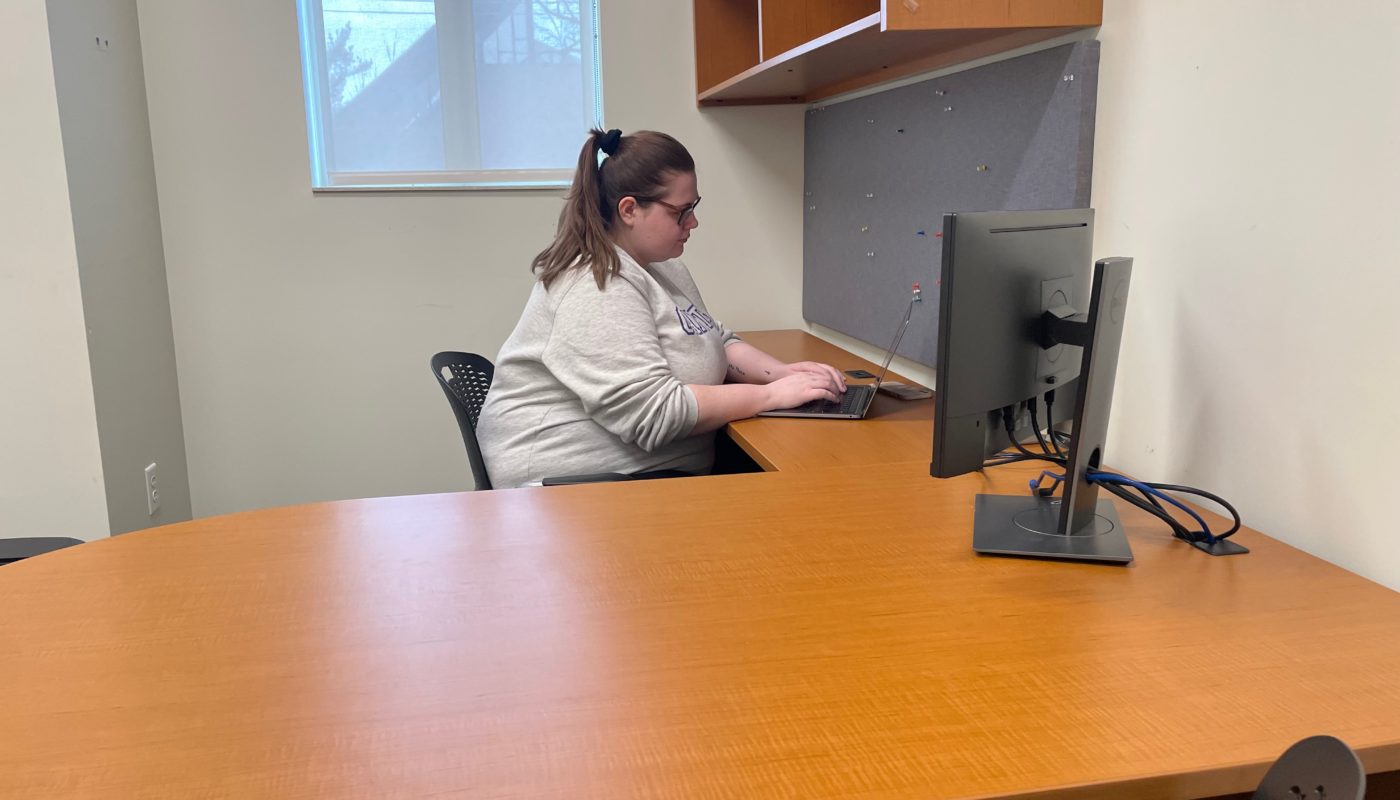Student workers are paid either minimum wage or little above it. This, along with limited yet intense hours, has left many student workers disgruntled.
William Mea, vice president for business and finance, was able to explain the pay brackets for students on campus and the number of students that fall under each bracket.
There are currently three primary wage tiers that most students fall under. These three tiers are $10.10, $10.25 and $10.50. There are 231 students in the $10.10 tier, which is minimum wage, 140 at $10.25 and 306 at $10.50. These tiers were recently raised along with the Ohio minimum wage on Jan. 1, 2023.
The university also offers specialty positions which pay higher than the standard tiers. These specialty positions range from $11 to $14 an hour. There are currently 42 jobs at $11 per hour, eight at $12 per hour, 13 at $13 per hour and 21 at $14 per hour.
Out of 761 student workers, 89% fall into the standard wage tiers. This has the majority of student workers making at most $0.40 above minimum wage.
Kyle MacDonald works as an SI (supplemental instruction) leader for Business 101 in Academic Success. MacDonald makes $11 an hour and is typically not allowed to work over 10 hours per week. As an SI leader, MacDonald must attend business lectures twice a week, hold two sessions a week, hold office hours and set aside scheduled time to plan sessions. MacDonald also is frequently answering emails outside of work.
MacDonald’s job is crucial to the success of many students in Business 101.
MacDonald said, “It’s definitely pretty stressful… you have to plan for students whose grade quite literally depends on you.”
The stress is especially difficult to manage around finals time, when SI leaders have to try and teach a whole semester of content to students alongside studying for their own finals.
MacDonald is currently planning on leaving the SI position at the end of the semester, as they work as a barista for Starbucks making almost $16 an hour. MacDonald likes the student worker positions for convenience and working in a field they are interested in, but they feel as if it is too stressful for too little pay.
Hannah Kavanaugh works two jobs in the Capital Conservatory. Kavanaugh works as an office worker and as event staff. Both jobs pay $10.50, with the office job being roughly nine hours per week and the event staff job being between two to six hours per week.
Regarding the pay, Kavanaugh said, “Well I’m from Missouri, and our minimum wage is like $11 or $12, so it was kinda a bit of a bite to the financials when I started work because it was less than I was getting paid to be a fast food worker.”
Along with the lower pay, Kavanaugh is only allowed to work a certain number of hours every week, which limits their income.
However, Kavanaugh does like the jobs for the convenience, the ability to work in their field and the ability to be flexible with their scheduling. Kavanaugh can accomplish other work while at the office, as well – something they find valuable as a music student. They have learned valuable office skills that will be useful in life, a benefit that cannot be understated.
Ryan Saulins, a student worker who assists with tracking statistics for the university’s athletics, loves their job. Saulins gets to watch sports and spend time with like-minded people, two things they enjoy greatly. Saulins wants to eventually work in an NFL (National Football League) front office, and this job has provided them with valuable connections that may lead to internships or other opportunities.
Saulins makes $10.50 an hour, averaging roughly eight hours per week.
However, Saulins said, “…with the pay, it doesn’t matter.”
Saulins also works an off-campus job at CVS Pharmacy, where they make $15 an hour and average between 12 and 20 hours per week.
Saulins finished the interview by commenting on their own privilege. Saulins has a separate job with more pay, lives 20 minutes from campus and is financially stable.
He said, “If they (student workers) rely on a campus job, then I could completely understand why they deserve more money. In my case, I don’t specifically need it and that extra money is just a bonus to me. If it was like $6 an hour, then I’m like, ‘Cool, whatever.’ ”


